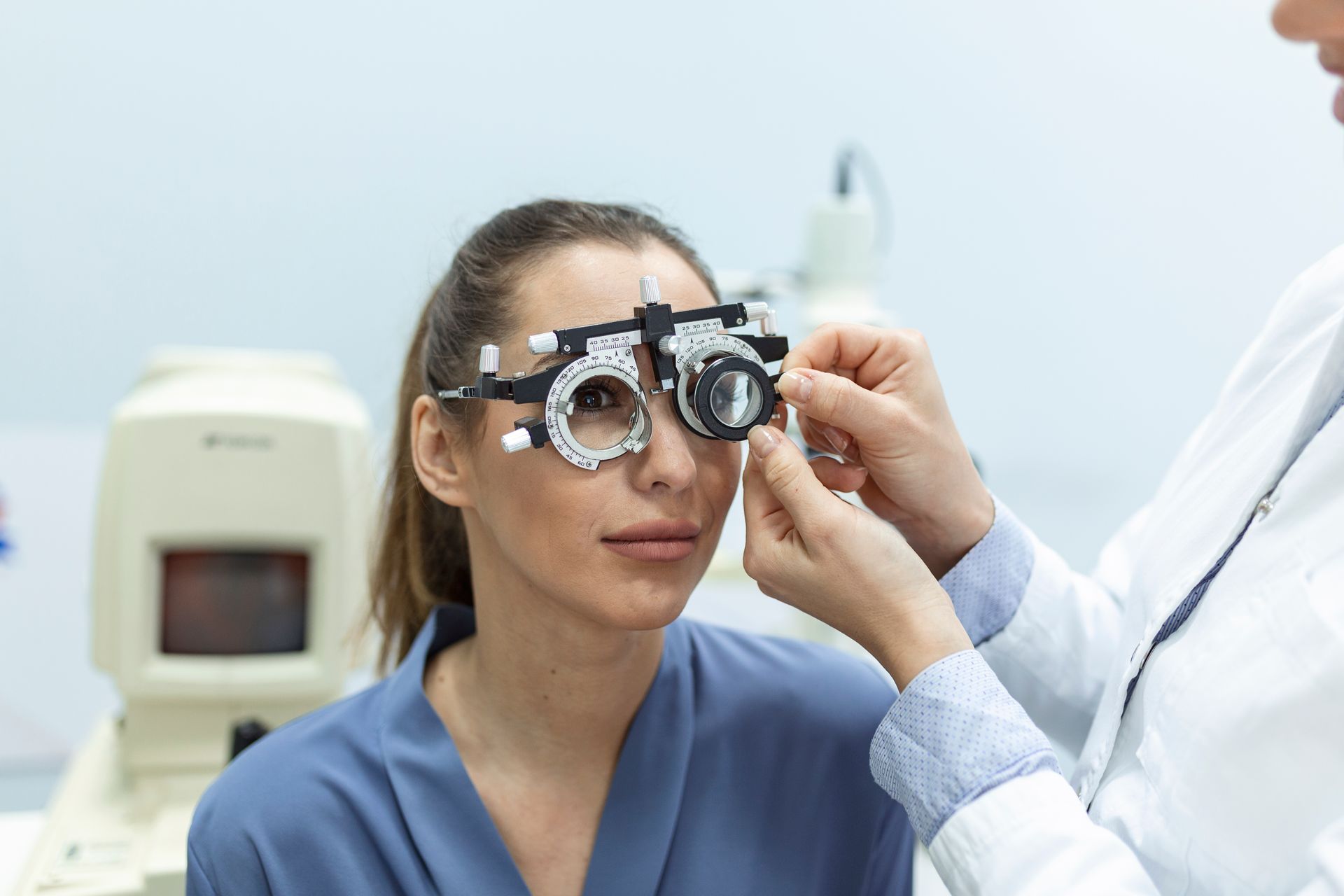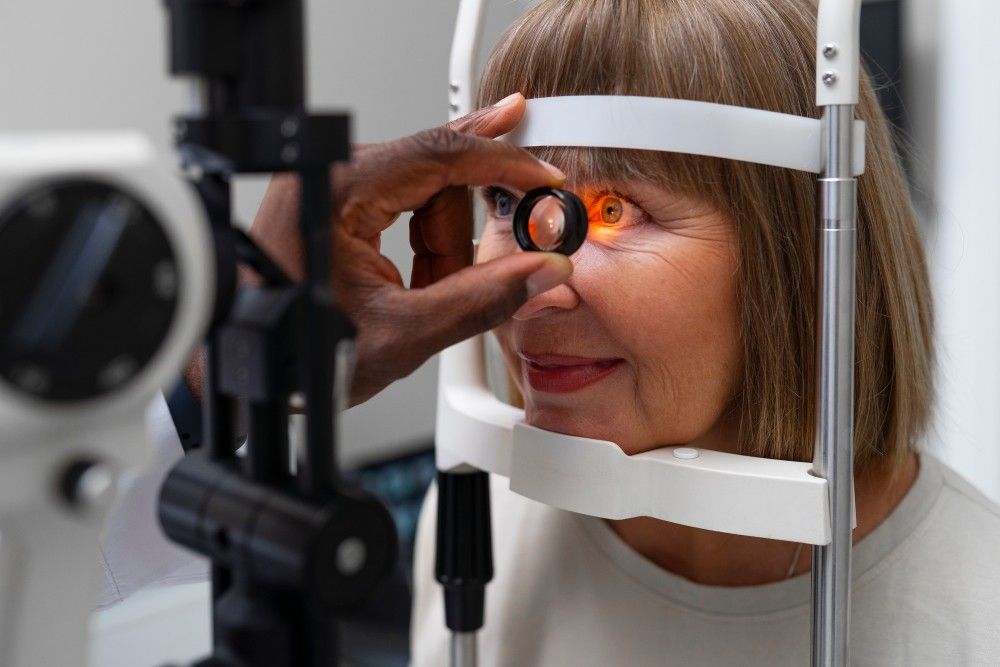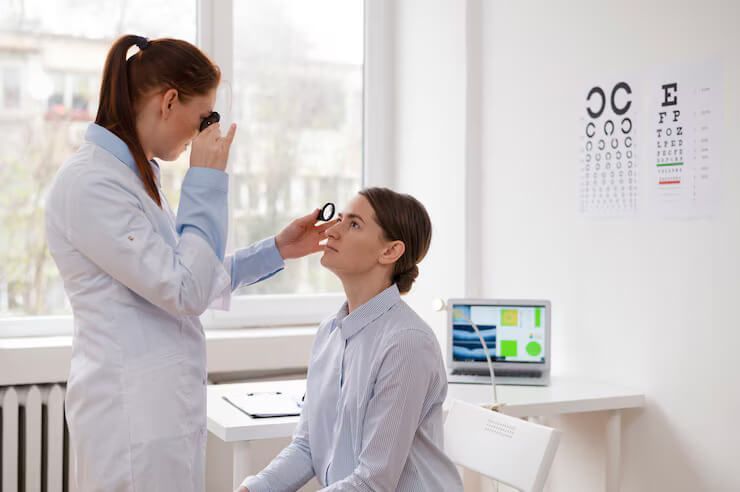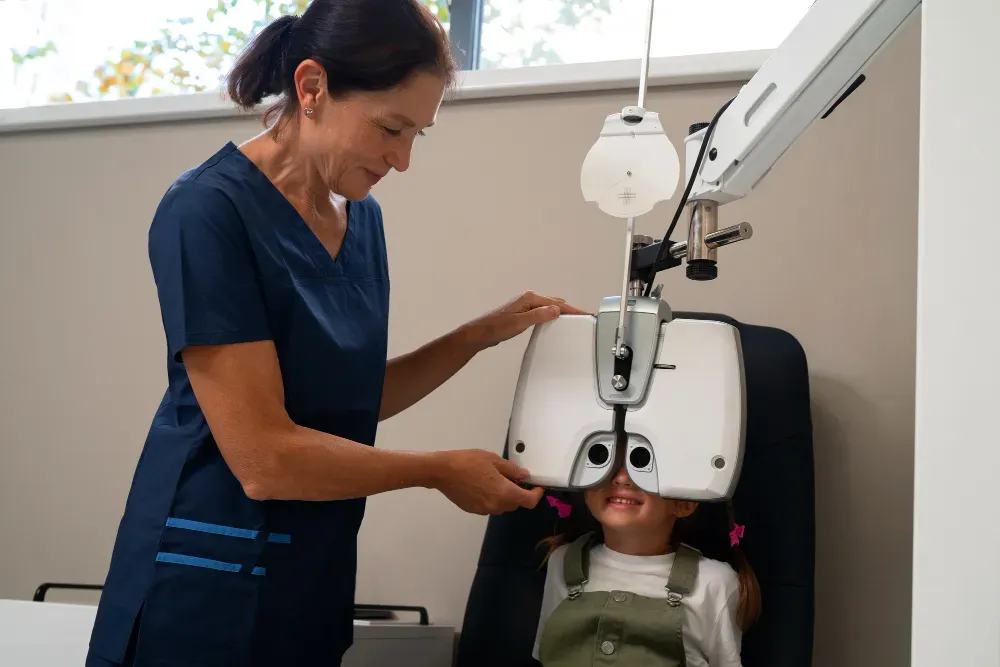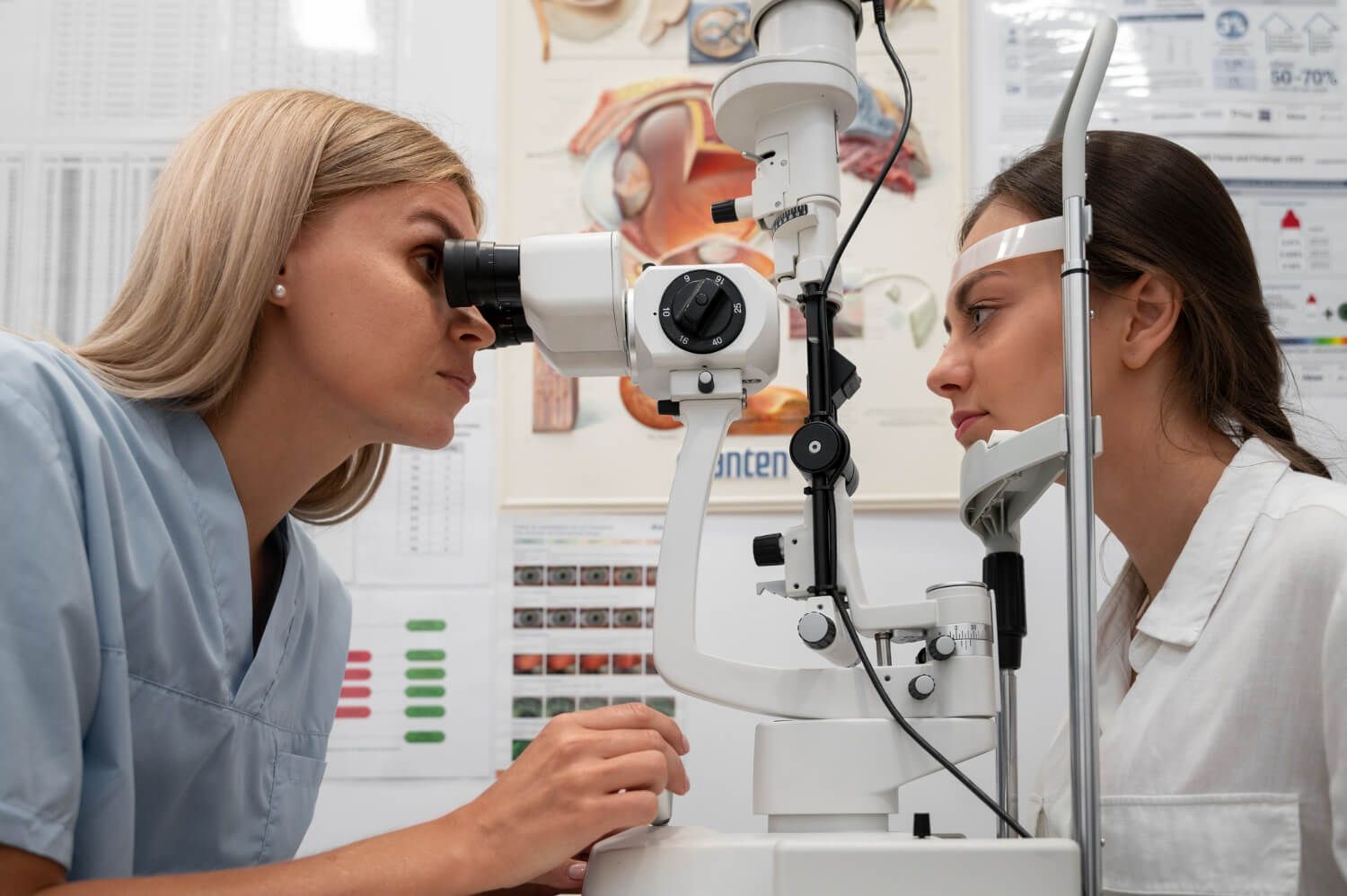What Happens If Cataracts Go Untreated?
Cataracts are a common eye condition, especially among older adults, that causes the lens of the eye to become cloudy. While cataracts can significantly impact vision, they develop slowly and can often go unnoticed in the early stages. However, leaving cataracts untreated can lead to serious consequences for your vision and overall quality of life. At Hill Country Eye Center, we believe in the importance of early diagnosis and treatment to prevent these complications. Here, we’ll explore what happens if cataracts are left untreated and why timely intervention is crucial.
Progressive Vision Loss
One of the primary effects of untreated cataracts is the gradual worsening of vision. As the cataract progresses, the lens becomes increasingly opaque, which obstructs light from reaching the retina. This leads to a range of visual impairments, including:
- Blurry Vision: Initially, you may notice a slight blurring of your vision, which can worsen over time.
- Difficulty with Night Vision: Cataracts often cause difficulty seeing in low light conditions, making night driving particularly hazardous.
- Sensitivity to Light and Glare: You may become more sensitive to bright lights and glare, which can be uncomfortable and disorienting.
- Faded Colors: Colors may appear less vibrant and more yellowish or brownish.
- Double Vision: In some cases, cataracts can cause double vision in one eye.
Increased Risk of Accidents
As vision deteriorates, the risk of accidents increases. Poor vision can make everyday tasks such as reading, cooking, and walking more challenging and dangerous. For those who drive, untreated cataracts can significantly impair driving ability, increasing the risk of traffic accidents.
Impact on Quality of Life
Living with untreated cataracts can severely impact your quality of life. As vision becomes more impaired, activities that were once enjoyable, such as reading, watching TV, or spending time with loved ones, become difficult or impossible. This can lead to frustration, social isolation, and even depression.
Blindness
In severe cases, untreated cataracts can lead to complete blindness. As the cataract continues to develop, the lens becomes completely opaque, blocking all light from entering the eye. This level of vision loss is preventable with timely treatment.
Other Health Risks
Cataracts can also be associated with other eye conditions, such as glaucoma. If left untreated, cataracts can increase the risk of developing these conditions, which can further complicate vision and overall eye health. Additionally, untreated cataracts can make it difficult for eye doctors to monitor and treat other eye diseases because the cloudy lens obstructs their view of the retina.
Why Early Cataracts Treatment Is Crucial
The good news is that cataracts are treatable, and early intervention can prevent the severe consequences mentioned above. Cataract surgery is a safe and effective procedure that involves removing the cloudy lens and replacing it with a clear artificial lens. This surgery can restore vision, improve quality of life, and reduce the risk of accidents and further eye complications.
If you suspect you have cataracts or are experiencing any changes in your vision, it’s essential to seek medical advice promptly. At Hill Country Eye Center, our experienced team is dedicated to providing comprehensive eye care, including the diagnosis and treatment of cataracts. Don’t let untreated cataracts compromise your vision and quality of life. Contact us today to schedule an appointment and take the first step towards clearer, healthier vision
